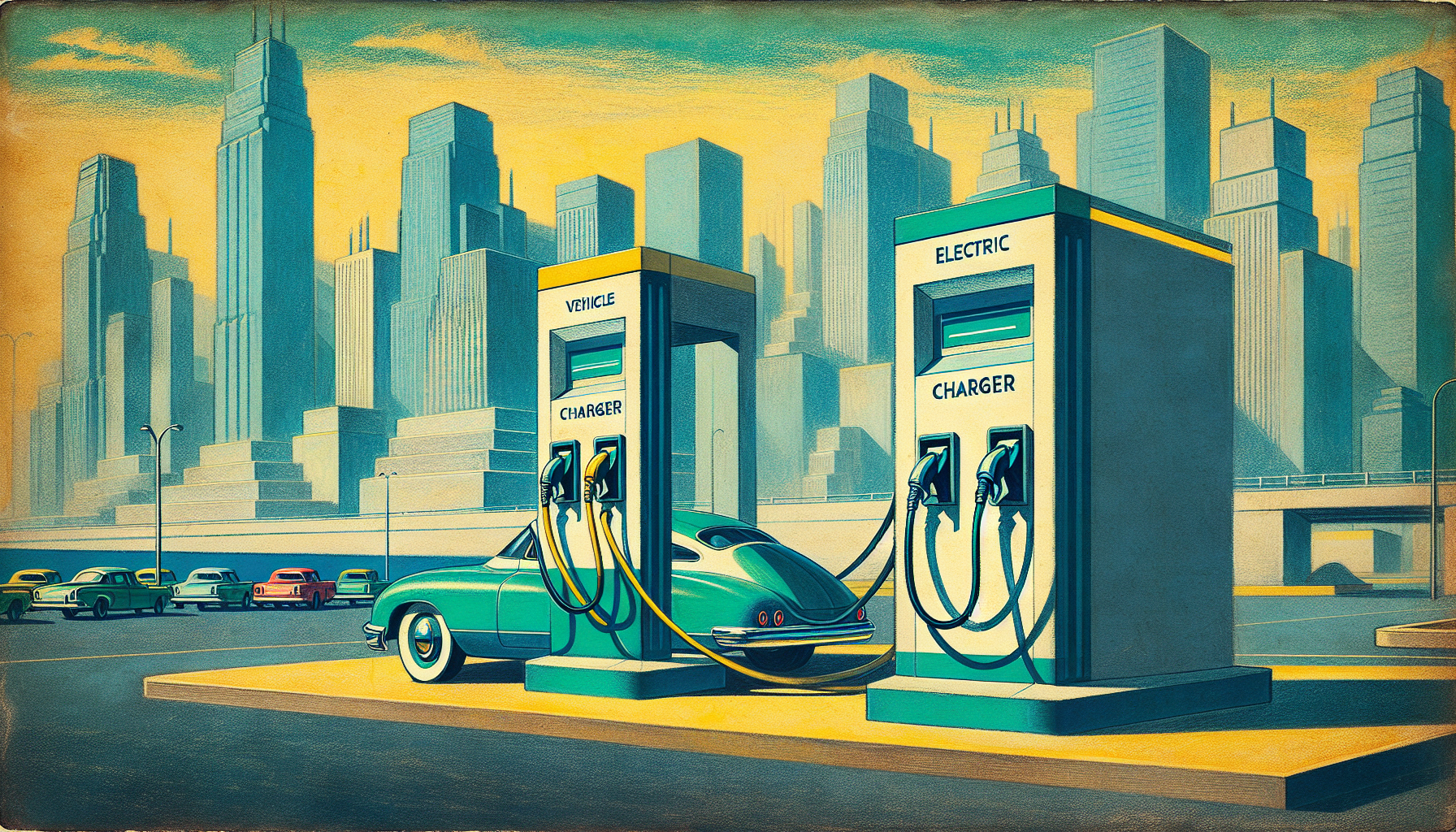Pod Point, a trailblazer in electric vehicle (EV) charging in the UK, has been acquired by French energy conglomerate EDF for a mere £10.3 million, a stark decline from its £352 million valuation upon its 2021 flotation on the London Stock Exchange. Announced alongside its full-year results, EDF’s offer of 6.5p per share, though a 24% premium on Pod Point’s pre-takeover share price, remains significantly below its initial 225p IPO value. Already holding a 53% stake, EDF now assumes full ownership of the financially troubled company. Pod Point’s board believes this offer represents the only viable option to ensure the company remains operational.
In its annual report for the year ending 31 December 2024, Pod Point disclosed a 17% decrease in revenue to £52.9 million and a widening of pre-tax losses to £84.5 million, attributing the downturn to low consumer confidence, cost of living pressures, and ongoing challenges with EV infrastructure investment. CEO Melanie Lane acknowledged the disappointing financial results of 2024 as part of a “transitional year” but expressed optimism about a “clear trajectory” towards the UK’s electrification goals.
Pod Point was part of the “Class of 2021,” a surge of tech and green energy firms that went public during the pandemic-driven boom, only to see valuations plummet amid inflation, rising interest rates, and waning investor interest in loss-making growth stocks. Established in 2009 by Erik Fairbairn, Pod Point was once considered integral to the UK’s EV infrastructure development. Fairbairn’s departure in July 2023 paved the way for Lane to steer the company in a new strategic direction.
Despite financial difficulties, Pod Point secured contracts with prominent brands like Honda, Bupa, and Rentokil, and renewed agreements with BMW and Jaguar Land Rover. It expanded its charger network by 14% to 258,000 units and achieved £6 million in cost savings. EDF stated that acquiring Pod Point aligns with its long-term EV strategy. Managing director Philippe Commaret emphasised providing “stability and enhanced operational support” to improve customer service reliability. He highlighted the benefits of EVs in cost and carbon savings, enhancing the UK’s energy security, and safeguarding consumers against volatile fossil fuel prices.
Pod Point’s acquisition underscores the challenging economics of the EV infrastructure sector, where significant capital requirements, slow adoption rates, and low immediate profitability impede sustainable growth. This sale also reflects ongoing challenges in the UK’s public markets following geopolitical tensions, escalating energy costs, and persistent inflation. The London Stock Exchange struggles to attract and retain growth companies due to cautious global investors. Pod Point’s transition to private ownership under EDF may signal a trend of consolidation in the EV charging sector, as smaller or newer companies seek the stability provided by larger backers amid the capital-intensive shift to electrified transport.
Read more:
EDF buys EV charger firm Pod Point for just £10m – four years after £352m London float.




